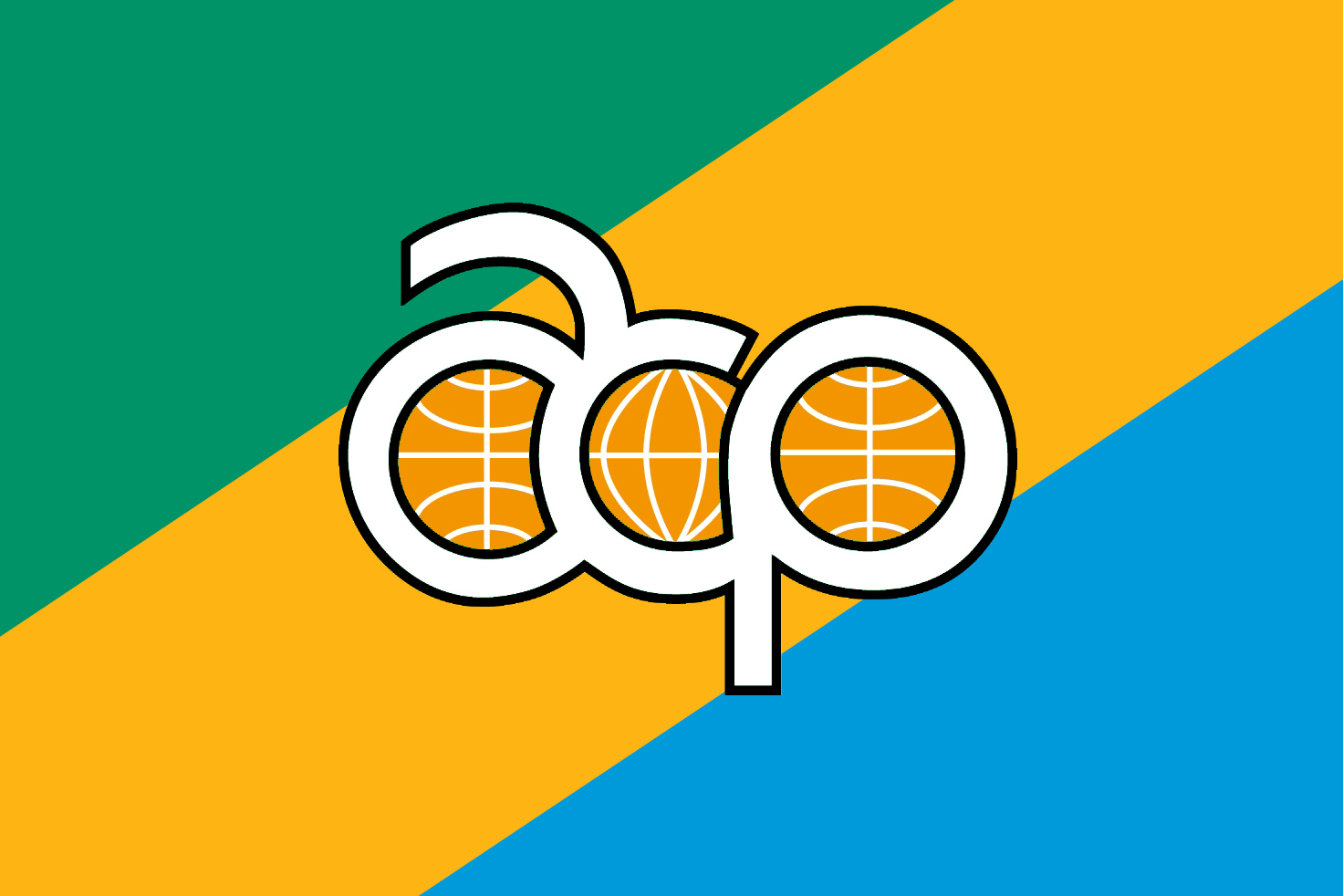
ACP-EU (Intra-ACP programmes)
Implemented in ACP Member States
and Regions

ACP-EU (Intra-ACP programmes)
Implemented in ACP Member States
and Regions
Agreement No.REG/FED/22410-ACP-EU Programme for the Support of the culture sector-was signed on 8 February 2011 for an amount of €30.0 million. The execution period is 120 months.
Implementation mode
The programme is implemented by the PMU under the supervision of the ACP Secretariat.
Objectives
The programme’s global objective is to contribute to the fight against poverty through the development and consolidation of viable and sustainable cultural industries in ACP countries and safeguarding cultural diversity. More specifically the project aims inter alia:
Expected results
The Programme is ongoing
The programme facilitated for the meeting of the ACP Ministers of Culture that was held in Brussels from 7 to 10 November 2017
Beneficiary countries
Benin, Rwanda, Haiti, Dominican Rep, Trinidad & Tobago, Senegal, Mali, Cuba, Ghana, Kenya, Malawi, Tanzania, Togo, Uganda, Zimbabwe, Burkina Faso, Vanuatu, Fiji, Solomon Islands, PNG, Nigeria, Gabon, Antigua & Barbuda, Madagascar, Congo, Mozambique, Cote d’Ivoire, Guinea, Guinea Bissau, Burundi, Djibouti, CAR, Mauritania, Sierra Leone, Somalia, Ethiopia, Mauritius, Angola, Namibia, South Africa, Cameroon, Chad, Timor-Leste.
For more information, contact: Department of Political Affairs and Human Development